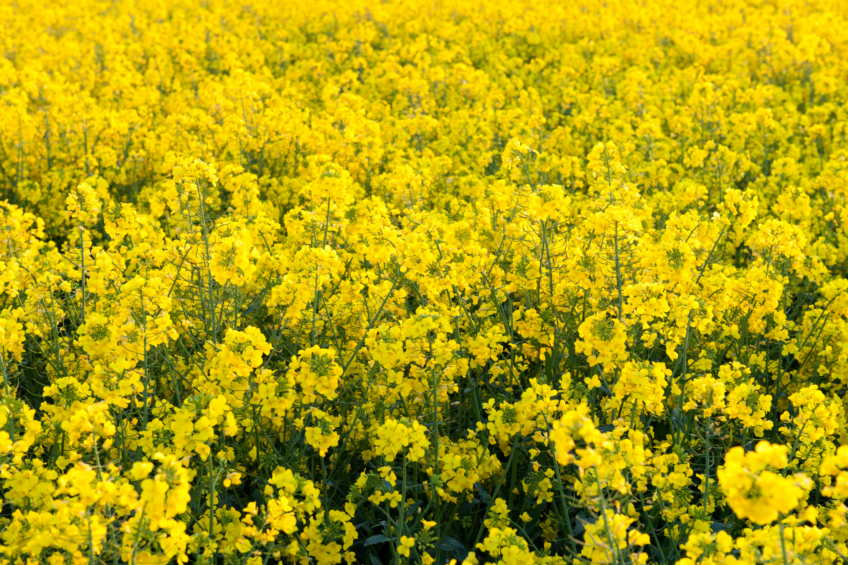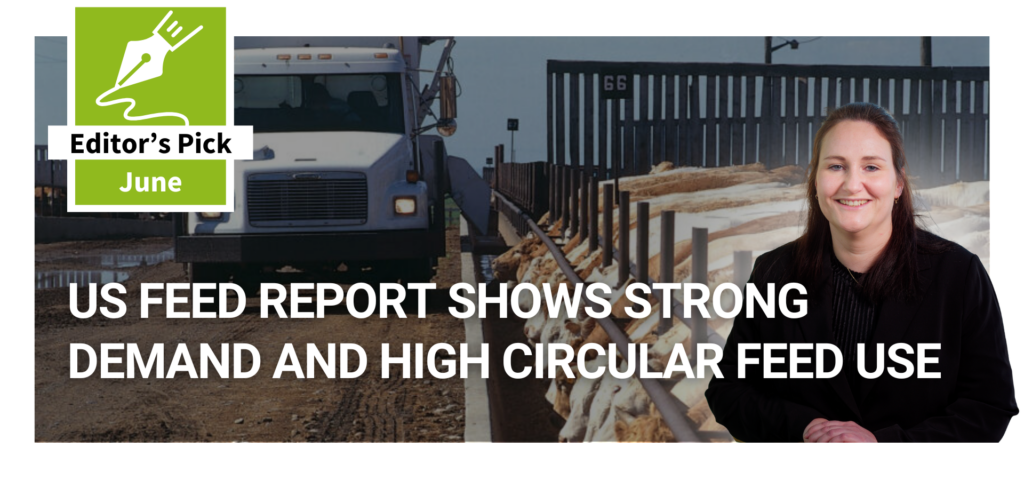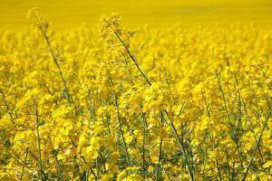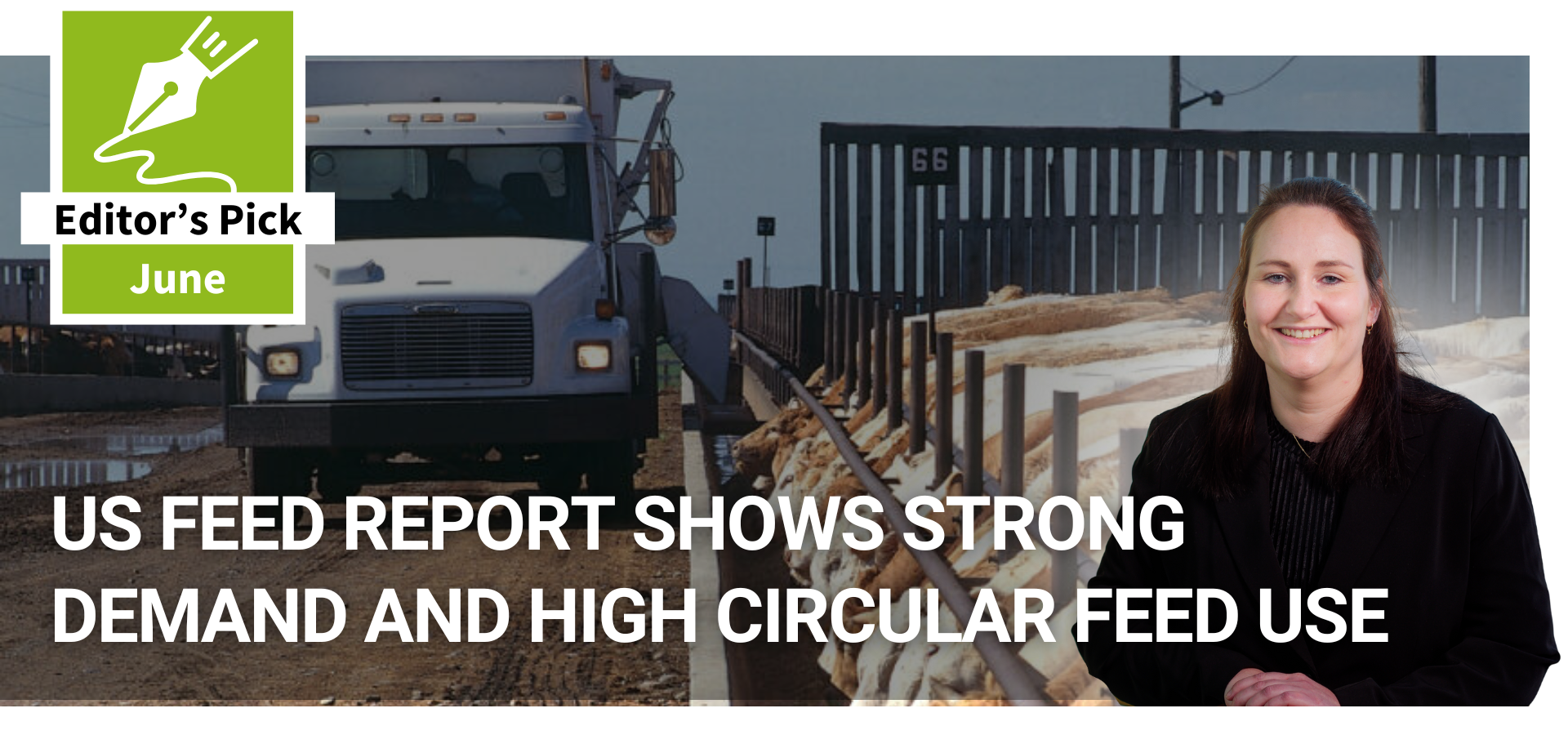Plan to stem the decline in UK oilseed production

Withdrawal of neonicotinoid crop protection products has led to a huge decline in oil seed plantings over the past decade.
The product withdrawal in 2013, as well as agronomic and climate pressures, has led to a 59% drop in the oilseeds area in the UK.

Lowest oilseed rape area in 40 years
The area of oilseed rape grown in the UK for this year’s harvest will be the smallest since 1984 and the UK currently has the worst performing OSR yields compared to all 27 EU countries.
Unprecedented: OSR imports exceed production
Figures from United Oilseeds also show that UK food security on edible oils is down to just 20% and the UK will import more OSR than it produces for the first time ever.
Rescue package
It has prompted a rescue package led by the Agricultural Industries Confederation and United Oilseeds, to find ways to increase the area grown domestically in the face of current challenges.
The AIC has set up a group of supply chain stakeholders including the British Society of Plant Breeders, Crop Life UK, the Agriculture and Horticulture Development Board, the Food and Drink Federation, National Farmers Union and the Seed Crusher and Oilseed Processor Association.
There is a ready domestic market for oilseeds with demand for edible oils and high protein meal for animal feed.
The current homegrown crop does not even meet half of this demand, so there is a great opportunity and a need to support a reversal in the long decline of oilseeds.
What’s more, supply chains are seeking to become less reliant on imported animal feed materials, while also making our food system less dependent on imported palm and sunflower oil.”
Rose Riby, AIC’s head of Combinable Crops and Seed.
As a result of the decline in home production, imports of oilseed rape have risen substantially in recent years to meet demand, meaning the UK has become a net importer of rapeseed.
The working group are keen to discuss how the Government can be engaged to support strategic aims to improve domestic productivity.
“Given that we now have a Minister for Food Security and a recently elected Government with priorities including improving cropping diversity and pollinator numbers, this stakeholder groups believes that now is a crucial time to push this advocacy work together,” she added.
The group of trade bodies will work together to lobby MPs and civil servants, as well as inform wider stakeholders including think tanks, NGOs and the media oilseeds sector.
It complements United Oilseeds led-work on industry research, agronomy practices and knowledge exchange. James Warner, Managing Director of United Oilseeds said: “As the OSR Reboot gains momentum, we are delighted to see AIC further advancing the conversation.
“There is significant work happening behind the scenes in agronomy and research, and having the industry’s leading supply chain trade association, with their extensive expertise, helping to shape and influence future policy in this area is a true game-changer.”








